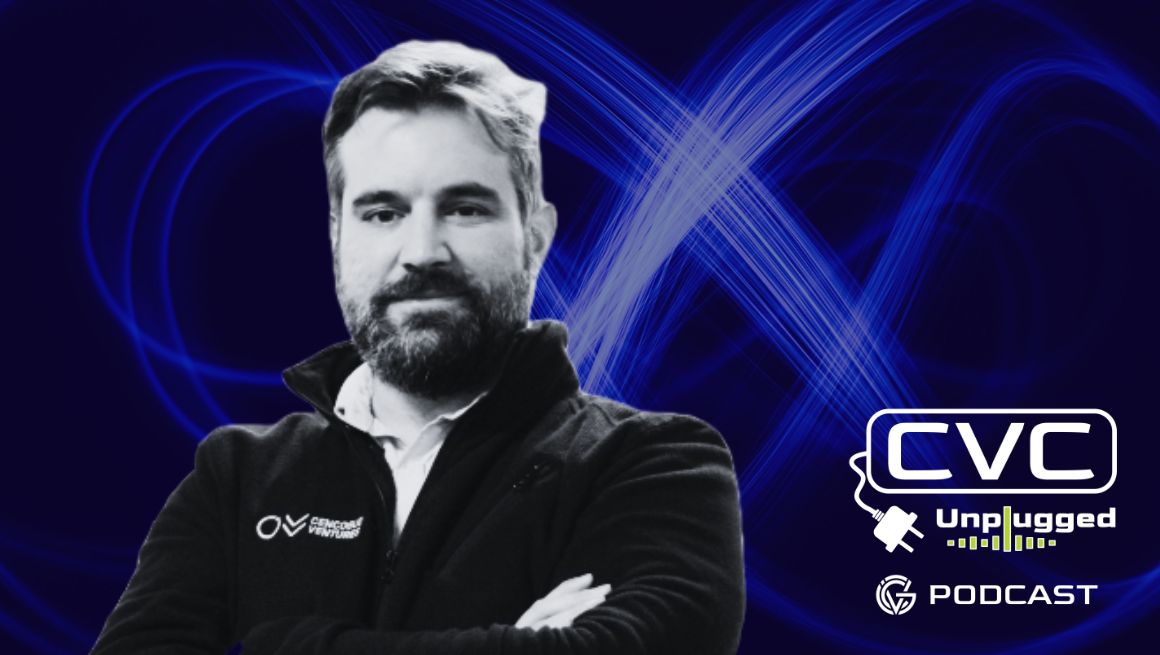A partnership with Cornershop during the pandemic opened Chilean retail giant Cencosud's eys to startups. Its new CVC arm now isn't afraid to be contrarian.

“Cornershop was our wake-up call, the defining moment to start developing e-commerce capabilities in the grocery space,” says Jose Pascual, head of Cencosud Ventures, the investment arm of the Chilean retailer.
Cornershop, a delivery startup owned by Uber Technologies, saw wild success in Latin America during the pandemic. The startup had a close collaboration with Cencosud with many of its deliveries sourced from Cencosud’s stores, including its Jumbo hypermarkets and and Santa Isabel supermarkets.
Seeing this success at close quarters was a trigger for the the regional retail giant to want to work with more startups. Cencosud — which was founded in the 1960s — wanted to know how other startups, and entrepreneurial thinking more generally, could impact other parts of its business. The need for a venture unit was born.
Now, the CVC invests in startups up to series A, deploying between $500,000 and $3m for stakes of up to 15%.
In addition to its equity investments, the unit also engages in what it calls venture partnerships, where it allocates resources internally to growing a startup’s capabilities, in the context of its relationship with Cencosud, without making a direct investment.
The virtue of contrarianism
“I have this feeling that most of the corporate venture initiatives have understood the corporate venturing game backwards. It’s not wrong. It’s just backwards,” says Pascual.
“Most of the corporate venture initiatives have understood the corporate venturing game backwards.”
What he means is that too often corporate VCs too often look for opportunities in the same place as everyone else. Inherent in the VC DNA should be a contrarian streak that looks for gems where others wouldn’t think to. This would not only give you the chance to get ahead of the curve in a certain segment, but also let you get shorter-term revenue where others would only see risk.
Around a year ago, the CVC identified a potential opportunity in the grocery business that it wanted to explore, but the prospect was not well-received within the corporate.
“We understood that neither our top management nor our middle managers thought positively about [it]. Actually, everyone hated it,” said Pascual of the new initiative, which the unit is getting set to announce in the coming months.
“We even received negative emails and had agitated conversations demanding my team to cease and desist that particular initiative.”
Together with a startup, under a venture client model, Cencosud Ventures began trials and proofs-of-concept with the new product. Despite internal pushback they made an investment, managing to secure a budget for an internal team to have what Pascual describes as a fighting chance of demonstrating they were right.
This internal team, dubbed a venture fellowship, functions as an independent entity within the corporate, focused on building the new capability alongside the startup, with access to the corporate’s resources, but taking the same risk as a founder – if the initiative fails, they may find themselves out of a job.
So far, however, going against the grain is paying off – the new initiative is doubling in size month by month, and the initial 24-month targets that were agreed with the board was reached in five months. Just the earnings before tax, depreciation and amortisation generated so far would be enough to cover the cost of not just the project team, but the whole venture team, according to Pascual.
“This contrarian mentality is extremely important in venture capital because traditional VCs invest against the market. I believe that corporate VCs should invest against the status quo of our corporations so we can prevent disruption or lack of competitiveness.”
Unified client
The CVC’s portfolio boasts hints of where the retail sector is going.
One of its portfolio companies, Mimo Live Sales, provides white label live streaming services that can be imbedded in brand’s platforms, allowing them to market their products live – which in a market like Latin America has strong potential.
“Video commerce technologies are not that extended in Latin America,” says Pascual.
“We have a strong penetration of TikTok, WhatsApp, and video in general on YouTube, but we don’t monetise that in a way to create an interaction between the brands, the retailer and their clients. So what we were doing here is fostering this culture of, ‘let’s try new things with video’.”
The circa 800 million views being racked up per year through Mimo are enough to rival a television channel in Latin America, he adds. Cencosud has been deploying the startup’s technology across its own services.
Interestingly, while a live-streaming service may be regarded as a strong example of omni-channel marketing, Pascual says that such concepts are giving way to more customer-centric approaches, like that of a “unified client”, the aim of which is to understand the customers themselves holistically, thereby figuring out the best touchpoints to reach them on.
“It’s evident that in less than a year, you’re going to start seeing a lot of supermarkets doing consultancy in the store, with a totem talking to your clients and advising them to eat this or that, or giving them nutritional alternatives,” says Pascual. This is also where generative AI can be further applied to the retail space, giving customers personalised nutrition plans in-store as they go about their shopping.

Fernando Moncada Rivera
Fernando Moncada Rivera is a reporter at Global Corporate Venturing and also host of the CVC Unplugged podcast.








